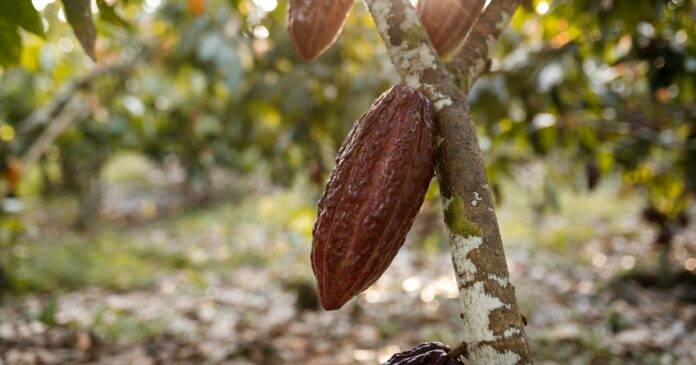The World Cocoa Foundation’s (WCF) 2025 Partnership Meeting in Brazil, held from March 19-20, brought together cocoa stakeholders from across the value chain to address the most pressing challenges facing the sector. The event, themed “Our Future: Resilience Through Sustainability,” highlighted the urgent need for more inclusive, farmer-centric strategies in response to unprecedented disruptions.
Over the past three cocoa seasons, climate change, crop failure, soaring production costs, tree disease, and legal uncertainty have pushed cocoa prices to volatile highs, placing strains on manufacturers and farmers alike. The conference emphasized the necessity of moving away from top-down interventions and forging true partnerships with farmers to build resilience at the farm level. Andrea Camacho, Sustainability Director at Luker Chocolate, stressed the importance of empowering producers and implementing innovative solutions to address supply constraints and mitigate the impact of volatile pricing.
Innovation was a key focus at the meeting, with confectionery makers exploring new approaches such as upcycling cacao fruit and using cocoa flavorings as alternative ingredients. These formulation shifts reflect a growing effort to embrace sustainable production models and adapt to changing market dynamics. The consensus at the WCF meeting was clear: building a future-proof cocoa sector requires collaboration at every level, and the industry cannot afford to wait.
To address the challenges of climate change and boost farmer incomes through diversification, cocoa producers must cultivate climate-resilient cocoa and explore sustainable practices like agroforestry and regenerative agriculture. Luker Chocolate has been leading the way in supporting farmers through partnerships and investments, reaching over 4,320 families in cocoa-producing regions in Colombia.
The event highlighted the importance of collaboration, innovation, and pre-competitive partnerships in tackling the complex challenges facing the cocoa industry. Speakers emphasized the need for coordinated, pragmatic approaches to cocoa agroforestry, mechanization, and disease management to support producer countries facing productivity pressures. The focus on collaboration over competition and the sharing of knowledge and resources across the cocoa value chain were seen as essential for driving lasting change.
Amid the ongoing cocoa crisis, global confectioners must work with their supply chain to boost farmers’ resilience and improve their quality of life. The proactive approach to managing crop diseases, such as Cocoa Swollen Shoot Virus Disease, requires shared research bases, increased investments in disease prevention strategies, and the adoption of appropriate agronomic practices to limit the spread and impact of diseases.
The challenges facing the global cocoa industry, including funding issues and regulatory complexities, are significant. However, the WCF meeting underscored that times of intense pressure can lead to collaboration and innovation, offering hope for positive change in the industry. By working together, embracing sustainable practices, and investing in the resilience of cocoa farmers, the industry can overcome its challenges and build a more sustainable future for cocoa production.




